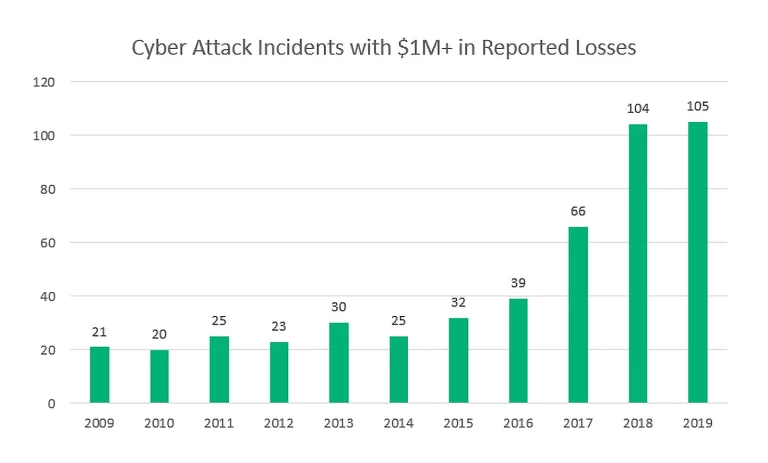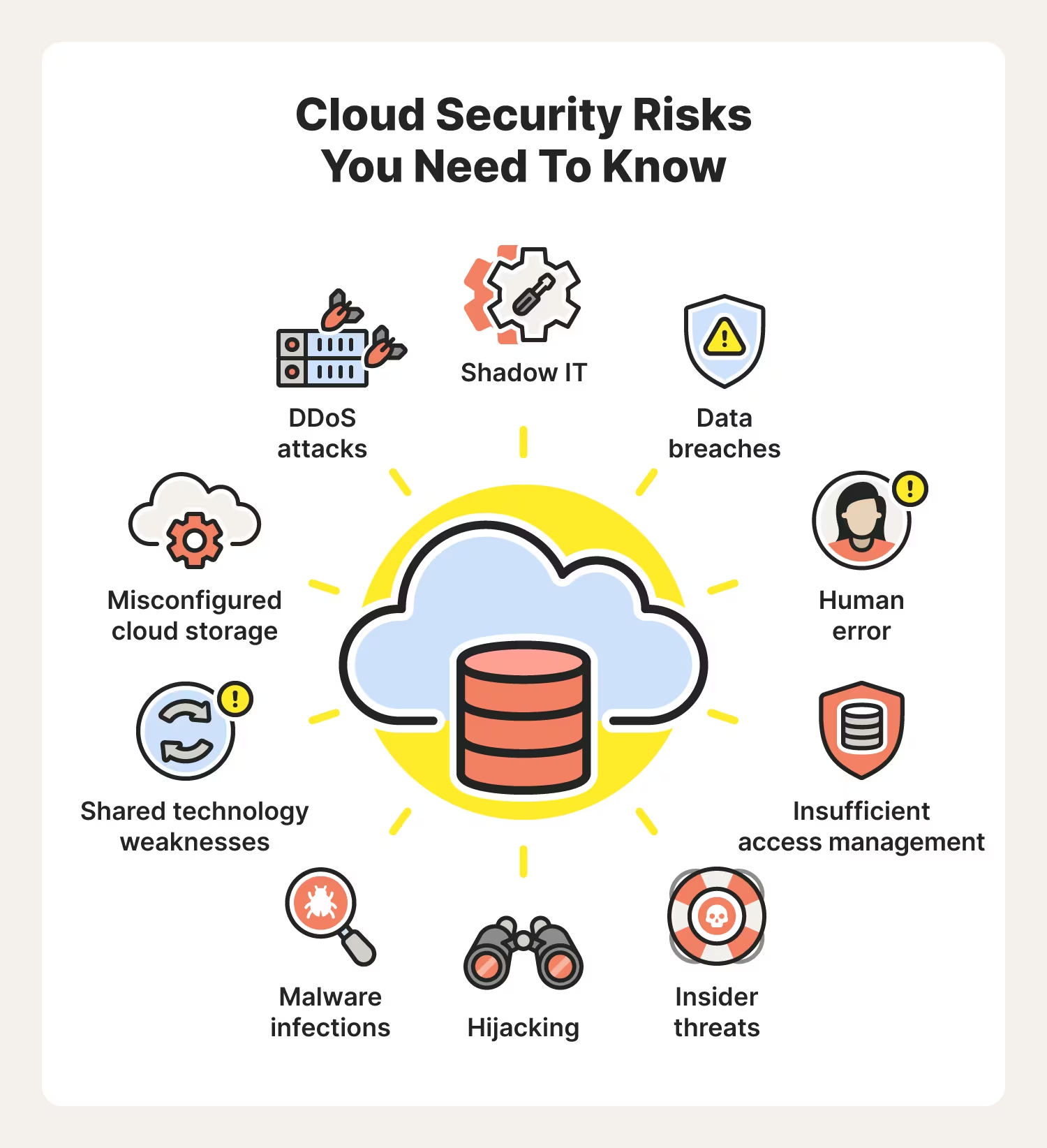How to Upgrade Your Cybersecurity with a Lean Team
Cybercrime is a growing threat for every type of organization. The past year saw many disruptions in the world of cybersecurity, even as the COVID-19 pandemic eased.
People continue to work online in droves (which enables cloud-based operations to proliferate), expanding 5G networks have connected devices at faster speeds, and cryptocurrencies are being bought, sold, and traded on a greater scale than ever before.
With people all over the world becoming more connected and spending more time online, cyber threats such as ransomware and data leaks have been increasing. Cyber fatigue is also gripping companies who have given up on proactively defending against cyberattacks, while the cybersecurity skills gap remains an issue as jobs go unfilled.
Due to an increased risk of breaches and attacks occurring, with many more people who stand to be affected, organizations need to make sure they have a solid cybersecurity strategy—but in some cases organizations are only able to operate with a lean team.
Here are some ways to effectively upgrade your team, even when operating lean, ultimately lessening the pressure (and fatigue) that many security professionals are experiencing right now.
The Benefits of AI
Implementing artificial intelligence (AI) can help cybersecurity teams get all the information they need to better understand—and respond to—security threats. AI solutions can moreover ease the workload that many IT teams are facing, allowing them to focus on their highest priority tasks.
Machine learning and AI can help cybersecurity teams, first of all, by identifying threats. AI tools, without ever feeling bored or exhausted, can pay constant attention to event data streams, detecting anomalies in any aspect of the IT infrastructure.
Behavioral threat analytics (BTA), another AI solution, can also analyze how a specific person or system behaves at a specific time and in a specific context.
Other useful aspects of AI-driven anomaly detection include:
- Threat hunting
- Fraud detection
- Malware discovery
- Phishing detection
Automated responses to security compromises are quick, enterprise-scale, and highly reliable. AI systems can take actions ranging from temporarily blocking a single account’s access to a system to fully quarantining nodes at the network level, which will provide full containment of a threat.
And all of these automated responses can occur with minimal impact on users, systems, and the business.
A lean cybersecurity team should rely on AI to replace some of the human attention that is currently used for event analysis, anomaly identification, and threat response. Human attention is the scarcest resource in any cybersecurity team as it is.
AI tools can relieve the burdens on cybersecurity staff by redirecting their attention from low-level evaluations of myriad events to higher-level evaluations.
The Case for IT Managed Services
Cybersecurity teams are persistently challenged to find, train, and retain staff—and the resulting talent shortage means that teams are typically overworked. These teams may also lack important tools due to budget constraints.
Utilizing managed security services can combat these problems by giving lean IT teams the assurance that experts in a range of areas are available to tackle all kinds of attacks. This is critical for organizations that have small IT teams that couldn’t possibly keep up with a growing attack surface, and in which critical cybersecurity skills and knowledge may be lacking. In addition, with managed services, access to new skills is immediate; no time is needed to train new or existing staff.
Managed services can also provide you with access to the best security tools. The more effective a cybersecurity tool is, the more it will cost. As a result, some organizations may compromise efficacy so they don’t overspend.
In addition, new tools come on the market all the time in response to emerging threats. Managed security services providers, on the other hand, have the latest and best tools, as they work for a variety of clients and have a range of skills. They might also be aware of tools that in-house teams may not know about.
Another benefit of managed service providers is that they offer round-the-clock coverage. Most organizations rely on one or two IT security specialists in their organization. However, cybercriminals never sleep, and statistics show that the majority of cyber attacks take place outside normal working hours.
Therefore you need round-the-clock monitoring of the network, as this will ensure early identification of an active attack, which will in turn initiate an incident response quicker.
Cybersecurity services providers have a large team designed to work in shifts to monitor their customers’ networks. These external teams can provide support whenever you need it.
Provide Opportunities for Professional Growth
One of the main priorities that a cybersecurity professional has is to be able to grow professionally. Offering opportunities for learning and skill development, then, is an effective way to attract, nurture, and retain the top talent in the industry. Furthermore, by taking up opportunities to gain specialized skills and knowledge, your cybersecurity employees will become even more adept at spotting and responding to cyberattacks, as well as be able to develop more robust systems that will prevent such attacks from occurring in the first place.
While it’s true that limited budgets may make offers of training (internal or external) a challenge, it’s important to always think of these programs as an investment.
The financial, operational, and reputational costs of data breaches can be severe, so finding ways to upgrade the efficacy of a lean team should be a top priority.
Failing to do so can be far more costly in the long run.
Cyberlocke is a comprehensive, full-service IT services provider that architects and implements efficient and secure solutions for enterprise customers and their data centers. We specialize in security, cloud, managed services, and infrastructure consulting. Contact Us today to learn more.


